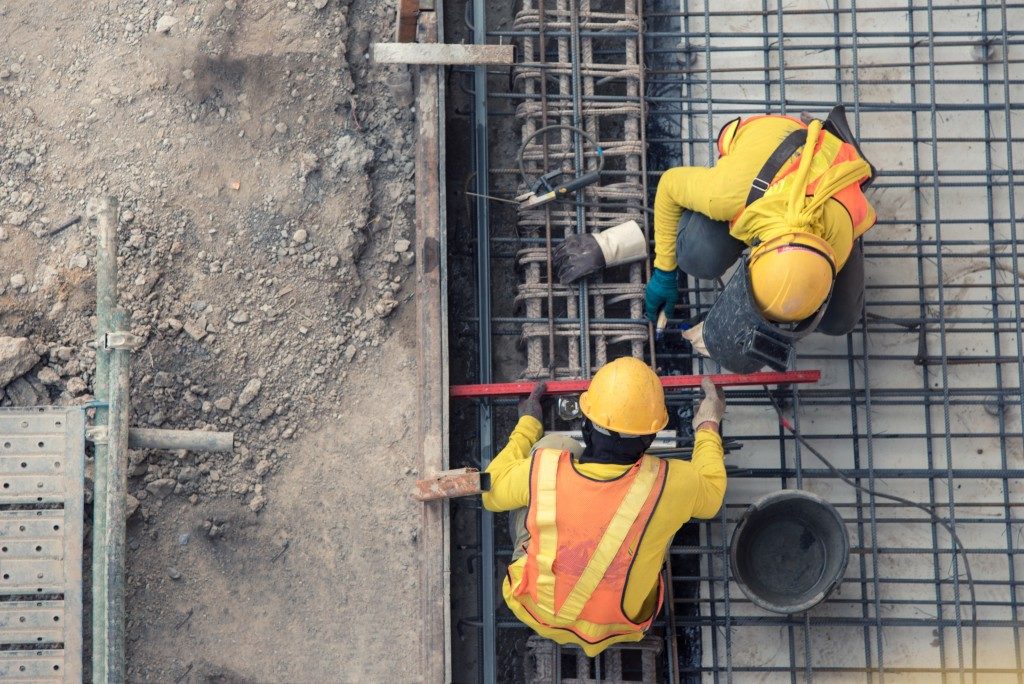Imagine coming home after a grueling day at work, wanting just to hit the hay and get some shut-eye, only to find that your bed is infested with bed bugs. If pest infestation is a stubborn problem in the apartment you’re renting, you can bring up the issue with your landlord. Under the landlord-tenant law, it’s their responsibility to keep the property up to code.
Health Code Violations
The Health and Safety Code protects tenants and ensures that you receive the optimum living condition. Report the issue if you see any of the following common health code violations.
- Mold Growth. Mold can trigger allergic reactions or cause respiratory problems, so your landlord is obligated to schedule professional treatment services to get rid of the growth.
- Dysfunctional or Lack of Electricity, Running Water, or Heat. It’s the landlord’s responsibility to provide fully operational facilities and utilities since these aid the tenants in their day-to-day activities.
- Presence of Lead. Lead-based paint is common in homes built before 1978. This was before the federal government banned the use of lead paint due to the health hazards it poses.
- Pest Infestation. The landlord is obligated to hire a professional pest exterminator regularly to prevent the presence of roaches, rats, bed bugs, mites, and other pests. Rodents and insects not only cause health problems but compromise the structural integrity of the property as well.
Filing a Complaint

In any case, the first step is to discuss the issue with your landlord. This will give them a chance to address the problem and prevent it from snowballing if you bring it up with the health department. Depending on your state’s landlord-tenant laws, the landlord is given a certain amount of time to fix the issue before you can take action.
In Massachusetts, for example, the landlord has 24 hours to address violations that may “materially endanger” (e.g., lack of water supply, lead paint, structural defects) the residents, and violations that don’t create an immediate hazard (e.g., plumbing and heating defects, presence of insects, dysfunctional showers) within five days.
If the landlord fails or outright refuses to address the health code violation, you can file a complaint with the local health department. Most states have a housing code checklist you can fill out to document the condition of your home. This lists all the violations, when they started or how often they occur, the name of the landlord, and how the landlord has approached the issue.
An official will come to your house to inspect the property and see if your complaints do exist. The inspector may also note all additional violations you may have missed. Afterward, the official will put together a report of the inspection and send it to the landlord as an official complaint. The health official will give the landlord a certain number of days to fix the problem depending on the gravity of the violations.
The landlord will contact the health department after addressing the tenant’s concerns. An official will come for a second round of inspections to make sure the property is up to code. If the landlord has corrected the health violations, the health department will issue a letter to confirm that the property is finally in compliance with the health and safety standards.
If the landlord has not taken any steps to improve the condition of the property, the health department can fine the landlord for each health violation.
Don’t be afraid to voice your concerns about the safety of the place you’re renting. It’s the landlord’s responsibility to make sure the property is free from danger and doesn’t compromise the health and safety of the tenant. But approach the issue as calmly and professionally as you can, so you can settle it peacefully and maintain an amicable relationship with your landlord.


